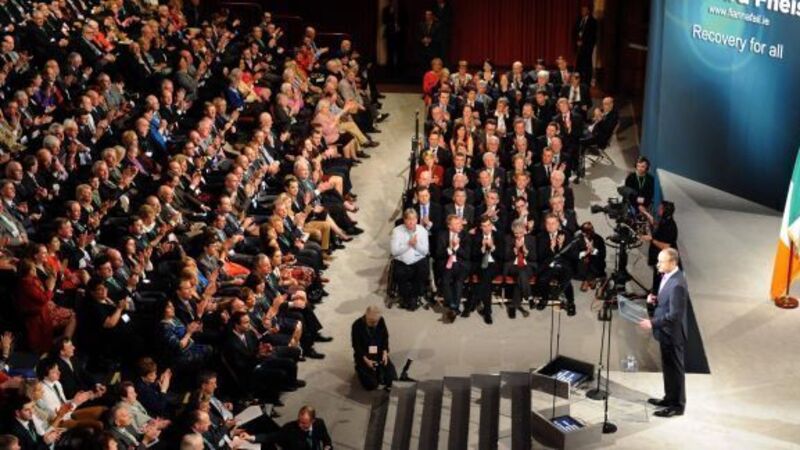'Toxic' Fianna Fáil machine eyes next phase of recovery

Three years on and Fianna Fáil believes it has shaken off its toxicity. In what it boasted was the biggest political gathering of the year, more than 2,000 of its 20,000 signed-up members packed into the Gleneagle Hotel in Killarney, Co Kerry, on Saturday night to hear their leader, Micheál Martin, deliver a televised address.
There are many signs of reinvigoration at a national level and of party activism at a local level — nowhere more so than in Kerry.













